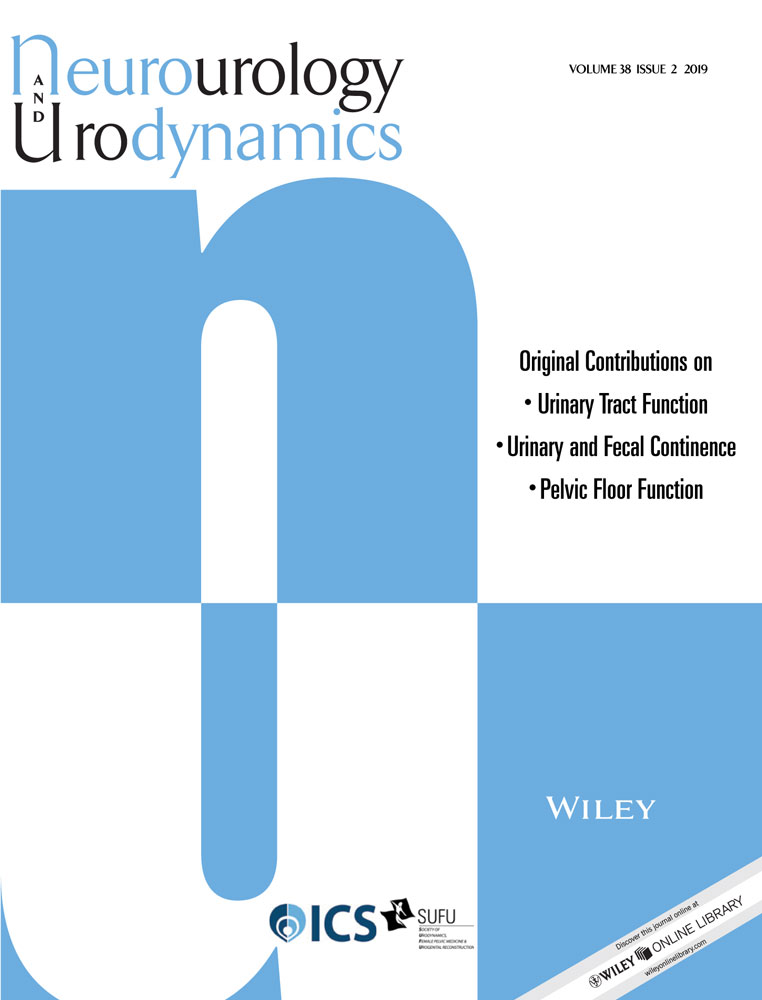The effect of herpes simplex virus vector-mediated gene therapy of protein phosphatase 1α on bladder overactivity and nociception
Abstract
Aims
We studied the effect of herpes simplex virus (HSV) vectors-based gene transfer of protein phosphatase 1α (PP1α) on bladder hypersensitivity in rats.
Methods
Using adult female Sprague-Dawley rats, non-replicating HSV vectors carrying PP1α or green fluorescent protein (GFP) were injected into the bladder wall. At one week after vector inoculation, cystometry and Western blot assay were performed, whereas the other experiments were performed at 2 weeks after vector inoculation.
Results
GFP-expressing cells were identified in the bladder as well as in L6/S1 dorsal root ganglia at 14 days. In cystometry, intercontraction intervals (ICI) after resiniferatoxin (RTx; TRPV1 agonist) irrigation was significantly reduced in the PP1α group in comparison with the GFP group. Moreover, RTx-induced freezing behavior events were observed significantly more frequently in the PP1α group than the GFP group. The number of c-Fos positive cells in the L6 spinal dorsal horn was significantly less in the PP1α group than in the GFP group. Western blot assay revealed lower levels of phosphorylated inositol 1, 4, 5-triphosphate receptor (p-IP3R), and phosphorylated TRPV1 in the PP1α compared with the GFP group.
Conclusions
HSV vectors-mediated PP1α gene therapy may be an alternative treatment modality for cystitis-related hypersensitive bladder condition at least in part via modulation of the IP3R signaling pathway.
CONFLICT OF INTEREST
All the authors have nothing to disclose.




